Published in 1901, The Sacred Fount delves into the interior observations and obsessions of one Englishman during a weekend gathering in the country. Regarding himself as a master of human psychology, the narrator watches the goings-on of the other guests and weaves theories about the interpersonal implications of what he witnesses, leaving the not infrequently perplexed reader the task of sorting out whether his conclusions are facts or fancies.
《神圣源泉》是美国作家亨利·詹姆斯的作品,发表于1901年。小说从匿名叙述者的视角出发,试图窥探英国乡村周末派对的客人们的爱情生活。作者在该小说中进一步发展了他那以“焦点叙述”为主要特征的写作技巧。
This strange, often baffling book concerns an unnamed narrator who attempts to discover the truth about the love lives of his fellow-guests at a weekend party in the English countryside. He spurns the "detective and keyhole" methods as ignoble, and instead tries to decipher these relationships purely from the behavior and appearance of each guest. He expends huge resources of energy and ingenuity on his theories, much to the bemusement of some people at the party.
- Chapter 1
- Chapter 2
- Chapter 3
- Chapter 4
- Chapter 5
- Chapter 6
- Chapter 7
- Chapter 8
- Chapter 9
- Chapter 10
- Chapter 11
- Chapter 12
- Chapter 13
- Chapter 14
- 书评 写书评
- 笔记
-
书评加载中...







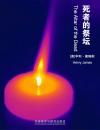
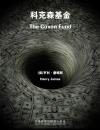
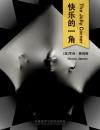







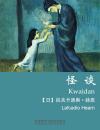

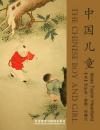



 京公网安备 11010802032529号
京公网安备 11010802032529号
笔记加载中...